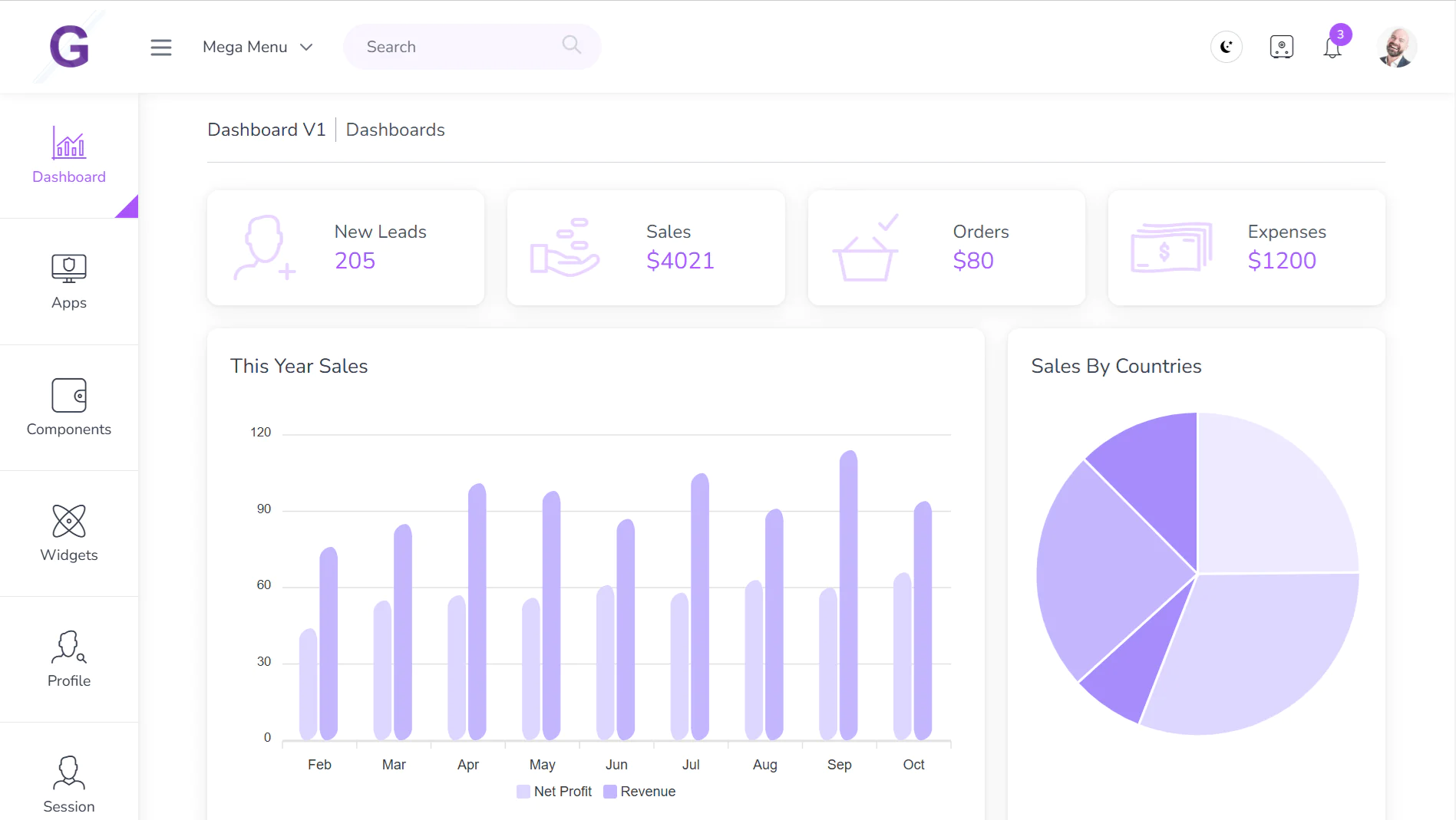Developers often juggle complex, abstract ideas from system design to implementation details, which can become overwhelming. One practical solution to manage this complexity is maintaining a developer’s journal—a tool not just for tracking daily coding tasks but also for refining problem-solving skills and boosting productivity.
Why Keep a Developer’s Journal?
The act of writing helps clarify thoughts, making abstract problems more tangible and manageable. A developer’s journal serves as a space to:
- Define the problem: Clearly articulate the issue you are tackling, helping to focus your efforts on one problem at a time.
- Record attempts and solutions: Note what you’ve tried and what has worked, serving as a valuable reference and learning tool.
Benefits of a Developer’s Journal
- Clarity in Planning: Writing down your tasks and objectives for each coding session can help prevent drift and keep you focused on specific goals.
- Reducing Ambiguity: By writing out the problems you’re facing and your strategies for tackling them, you clarify your own understanding and can more effectively communicate with teammates if you need to collaborate or seek help.
- Reflection and Growth: Reviewing your journal entries allows you to reflect on your successes and struggles, providing insights that can lead to personal and professional growth.
- Avoiding Distractions: A journal can help keep you from getting sidetracked by allowing you to note down and set aside non-urgent ideas and questions that arise during your work.
How to Maintain a Developer’s Journal
- Choose Your Medium: Whether digital or physical, pick a medium that you are comfortable with and that supports easy note-taking. Digital journals can be particularly useful for incorporating links and code snippets.
- Regular Entries: Make it a habit to write in your journal at the start and end of each coding session. Begin by outlining your goals and end by reflecting on what you’ve accomplished and what challenges you encountered.
- Be Concise and Honest: Your journal is for your eyes only, so be honest and direct. This isn’t the place for polished prose—it’s a tool for raw, real-time processing of your coding experiences.
- Review Regularly: Set aside time periodically to go through your journal. This can help you prepare for performance reviews, identify areas for improvement, and share useful insights with your team.
The Takeaway
A developer’s journal is not just a record of what you do—it’s a powerful tool for improving your focus, efficiency, and ultimately your coding skills. By externalizing your thoughts and plans, you free up mental space to engage more deeply with the technical problems at hand, enhancing both your productivity and satisfaction with your work.










Comments (0)